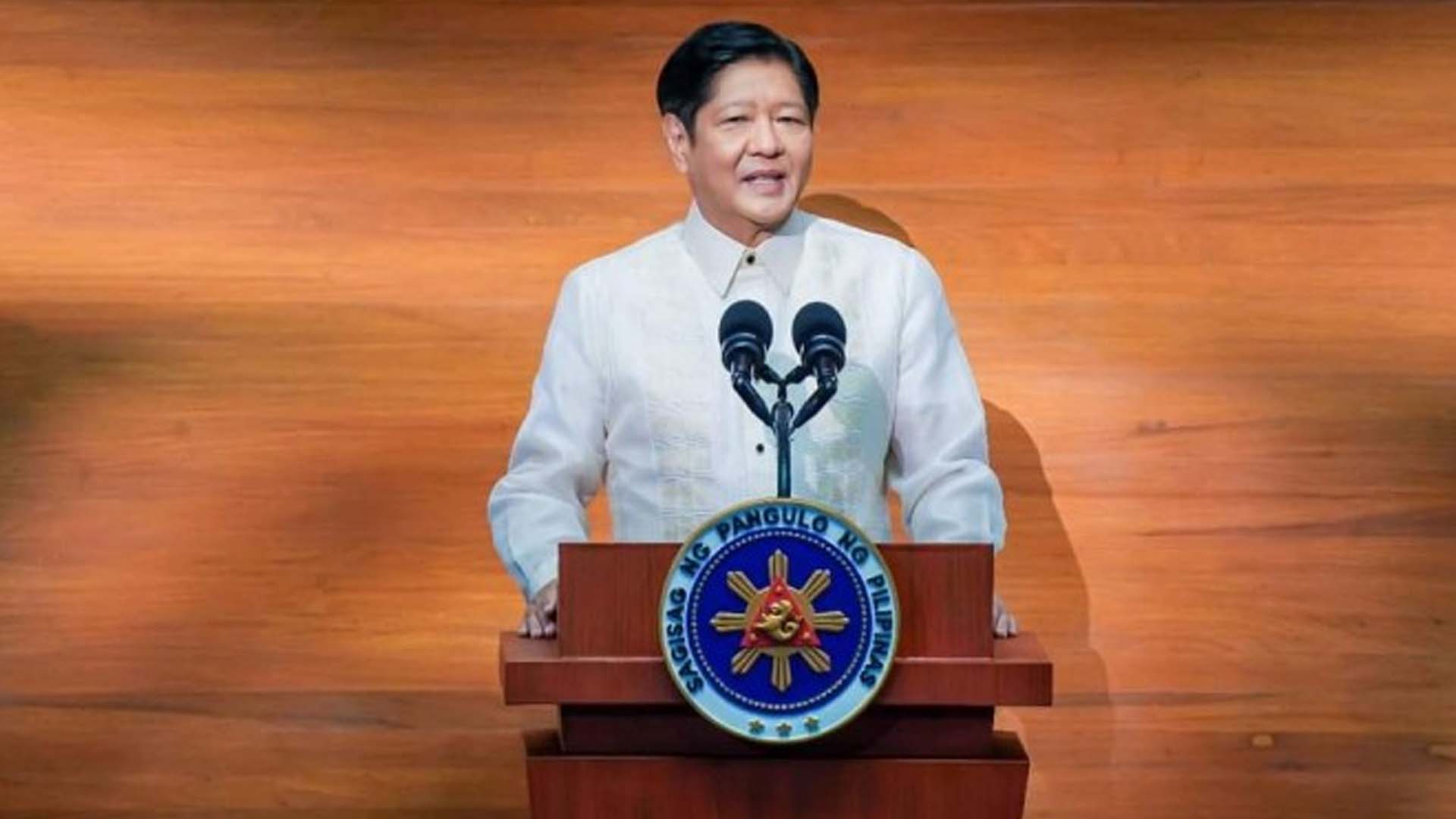President Ferdinand R. Marcos Jr. has backed the Private Sector Advisory Council’s (PSAC) recommendation to streamline the visa application process for tourists and international students to boost the country’s tourism.
In a meeting Marcos convened at the Malacañan Palace on Thursday, the PSAC Tourism Sector Group highlighted the need to standardize application procedures and information on student visa requirements, as well as the accreditation of clinics for medical clearance and certificate requirements for foreign students.
It proposed allowing the online submission of student visa applications.
The Department of Trade and Industry also said documentary requirements may be reviewed to simplify and reduce the number of requirements.
It also recommended the automatic accreditation of at least Level 3 hospitals nationwide for tourists’ medical clearances.
“So, I think the easiest… is to align ourselves … We can choose to remove it altogether, the requirement for medical certificate, or if we will continue to require medical certificate, as long as it’s a recognized clinic, and it comes out in the actual list of hospitals or something like that. I’m sure there’s a way,” the President said when asked about the medical requirements.
Under the Department of Foreign Affairs Joint Memorandum Order 01, s. 2017, foreign students can enter the Philippines by applying for a student visa at a Foreign Service Post (FSP) and also by securing a temporary visa with the intention to convert to a student admission status.
Upon receipt of the authorization, the foreign national applying for a student visa will appear in person for an interview and comply with additional consular requirements before securing the student visa.
In a release, the Presidential Communications Office (PCO) said “officials told Marcos that they could forego in-person interview to fast-track the process, and will only require applicants to appear in person if government intelligence agencies make a recommendation to do so for security reasons.”
Student visa processing takes about two months in the Philippines, the longest processing period among its Southeast Asian peers, it said.
Rene Limcaoco of Hertz agreed that there’s a huge opportunity in education tourism if the country could ease its visa rules.
He noted that before the pandemic, about 5 million foreign students applied for visas and the figure is expected to further grow to 10 million by 2030.
“(P)redominantly, they go to English-speaking countries. There’s a large demand to learn and at the same time to learn English,” he said. “For the Philippines, it’s a unique opportunity. We are an inexpensive place to get educated.”
The council also proposed the continued improvement of airports and immigration experience, while strengthening other niche tourism sectors, such as the work/digital nomads tourism.
Work/digital nomads tourism refers to the trend of hybrid work set-up where workers utilize technology to work remotely, including in beach destinations where there is a stable Internet connection.
Among the countries with digital nomad visas are Malaysia, Thailand and Indonesia.
As of Aug. 14, about 3.4 million foreign visitors arrived in the Philippines, or about 71.4 percent of the 4.8 million baseline industry target for this year.
The country targets to earn PHP2.24 billion and employ 5.3 million Filipinos in the tourism sector this year.
It also aims to welcome about 4.8 million foreign visitors and 85.1 million domestic travelers this year. (PNA)








